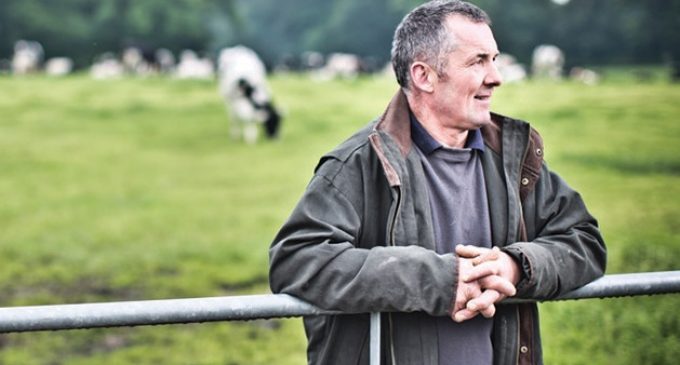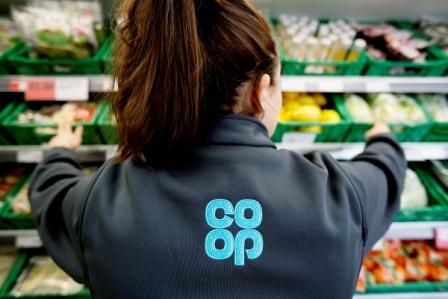The Co-op Ends Fresh Meat Imports

Meat imports into the UK have doubled over the last 20 years, according to new research by the Co-op, the British convenience retailer. It comes as the Co-op announces it will become the first national retailer to switch all of the fresh meat which bears its name to British. The Co-op has called on more supermarkets and food service providers to back home-grown goods.
Since 1996, the quantity of meat coming to the UK from the European Union and other countries has soared from £3 billion to £6.2 billion. More than £5 billion worth of meat is now shipped from European Union member states while Asia and Oceania countries account for £804 million worth of imports followed by Latin America at £345 million.
Asian and Oceanic imports have seen their exports to the UK almost treble from £304 million in 1996. The biggest imports from that region come from Thailand (£423 million) and New Zealand (£291 million).
Ireland is the biggest beneficiary of EU meat trade with the UK, with £1.45 billion of meat arriving in the UK from across the Irish Sea.
Co-op stores will now provide only 100% fresh British bacon and lamb – dropping Danish bacon and New Zealand lamb. Almost a tenth of all meat imports into the UK come from Denmark, which exports £550 million worth of meat into Britain each year while New Zealand lamb accounts for £291 million worth of UK imports.
 The Co-op already only sells British beef, chicken, ham, pork, sausages, duck and turkey and only uses British meat in all its own-label chilled ready meals, pies and sandwiches.
The Co-op already only sells British beef, chicken, ham, pork, sausages, duck and turkey and only uses British meat in all its own-label chilled ready meals, pies and sandwiches.
Jo Whitfield, Retail Chief Executive at Co-op, comments: “British consumers will be shocked to see how meat imports have grown while at the same time retailers hang out the bunting and claim to back British farmers. Only the Co-op offers 100% British fresh meat all year round and not just in the meat cabinet but also in our sandwiches, our pies and our ready meals.”
Jo Whitfield adds: “We can do this because we’re owned by members not shareholders and can invest long-term in what matters to communities, not what provides the fastest shareholder return. I call on other retailers and food providers to do more to help our farmers, particularly as they head towards uncertain times.”
Zoe Davies, Chief Executive of the National Pig Association, says: “Around half of the pork consumed in the UK is imported. Fluctuating currency markets and imports which are cheaper because of lower welfare standards can significantly impact the cost of home produced pork, making it harder for farmers to make a living. We call on more retailers and food providers to back British and either source more UK pork or follow the Co-op’s lead and go 100% British.”
Meat imports by UK firms are up from £5.87 billion in 2015 to £6.21 billion in 2016. They have risen by a third since 2006, when they totalled £4.7 billion.
The Co-op has launched a £10 million campaign focusing on the benefits of sourcing from British local farmers. Full-page prints ads will appear in national newspapers while a TV campaign airs later.


































